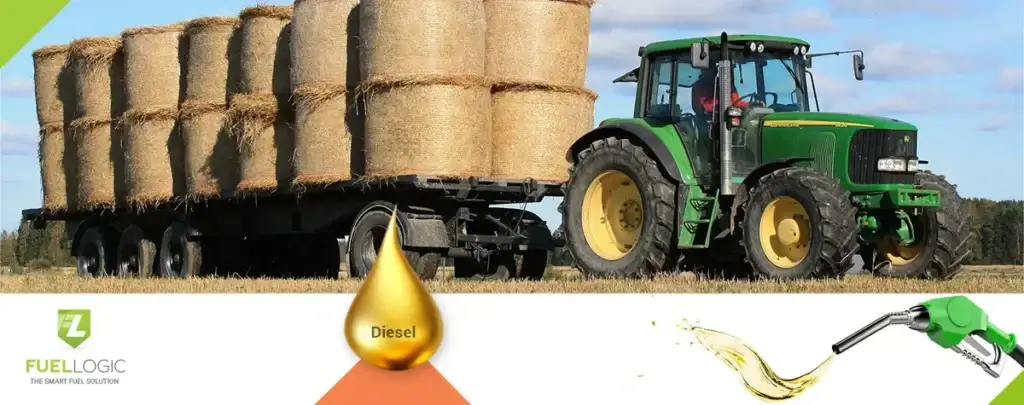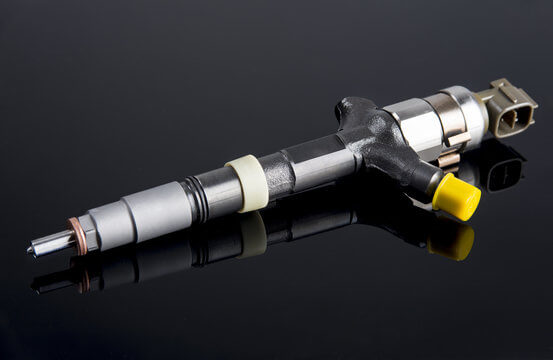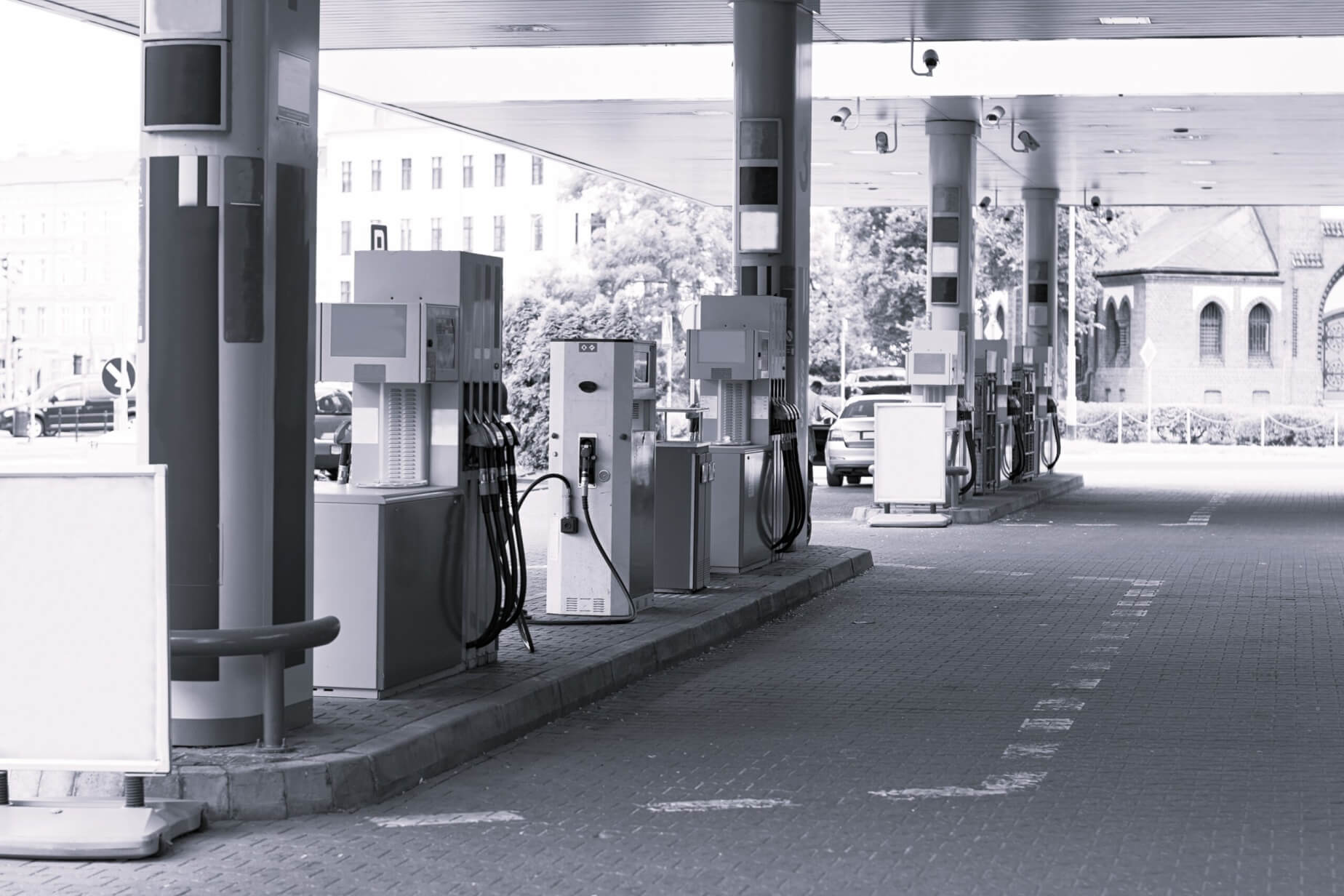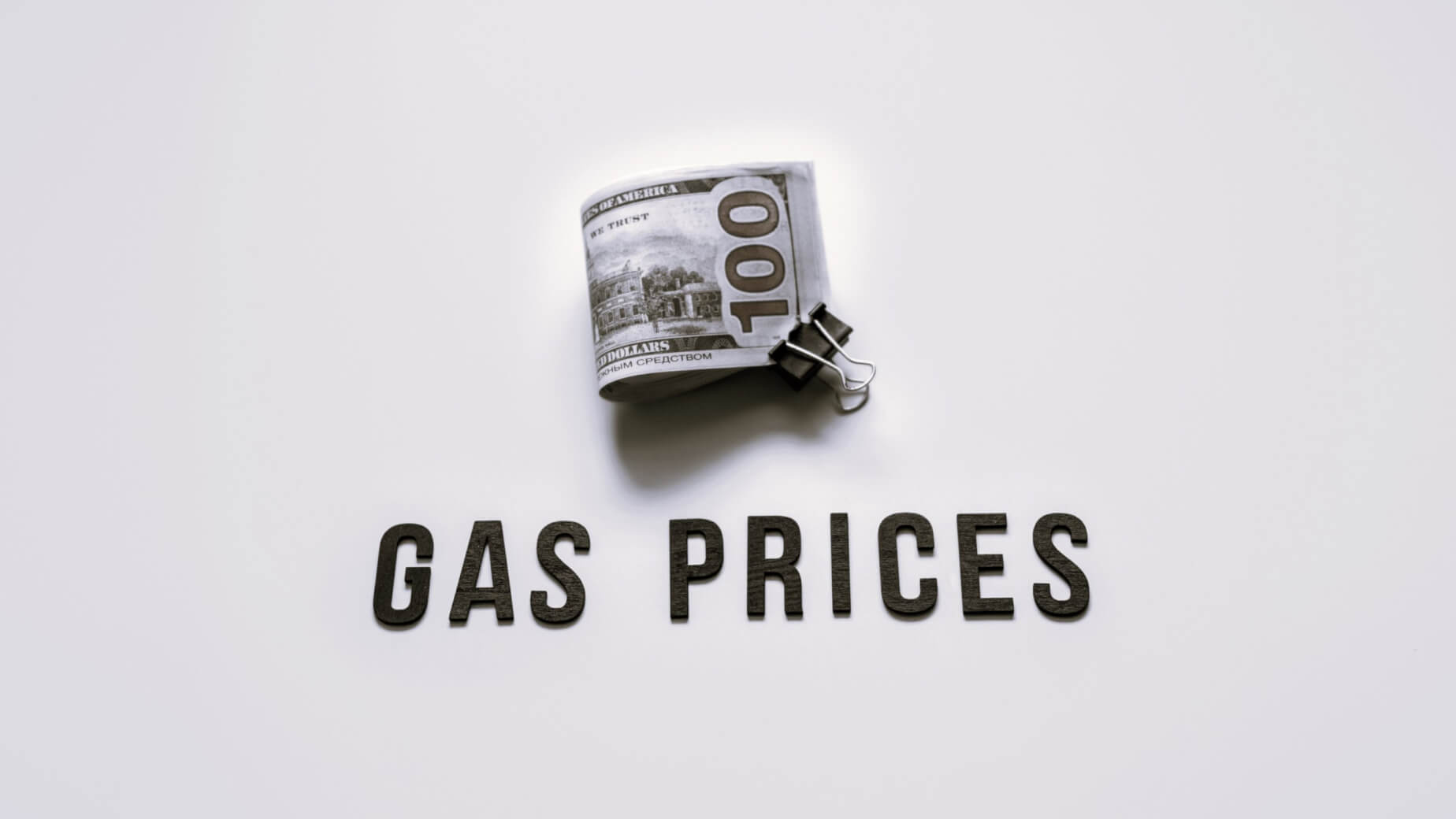In the US, the agriculture sector thrives with advanced machinery like diesel-powered tractors and harvesters. Diesel fuel powers about 75% of farm equipment and helps pump 20% of the water used for irrigation, which shows how vital diesel fuel is for agriculture.
Even with new clean energy options like electric vehicles and alternative fuels, diesel remains crucial for heavy vehicles and equipment used in agriculture, transportation, construction, and manufacturing.

However, as the world leans towards cleaner energy sources, questions arise about diesel fuel’s future stability. Will there be enough diesel to meet agriculture’s daily needs in the years ahead? Since diesel fuel usage is projected to gradually decrease as industries transition to cleaner energy alternatives, are there better options that could eventually replace diesel fuel?
Let’s understand the future of diesel in agriculture and related industries. We’ll discuss upcoming trends, shifts in diesel fuel usage, and challenges ahead. We will also shed light on how acknowledging these challenges and shifts in the use of diesel fuel is crucial as industries adapt to eco-friendly fuel options.
Industries Using Diesel Fuel
According to the US Energy Information Administration, in 2022, the US transportation sector used about 2.98 million barrels of diesel daily, which equals around 125 million gallons daily. These statistics highlight the extensive use of diesel fuel across various industries.
Let’s understand which industries primarily rely on diesel fuel for their operations.
● Agriculture
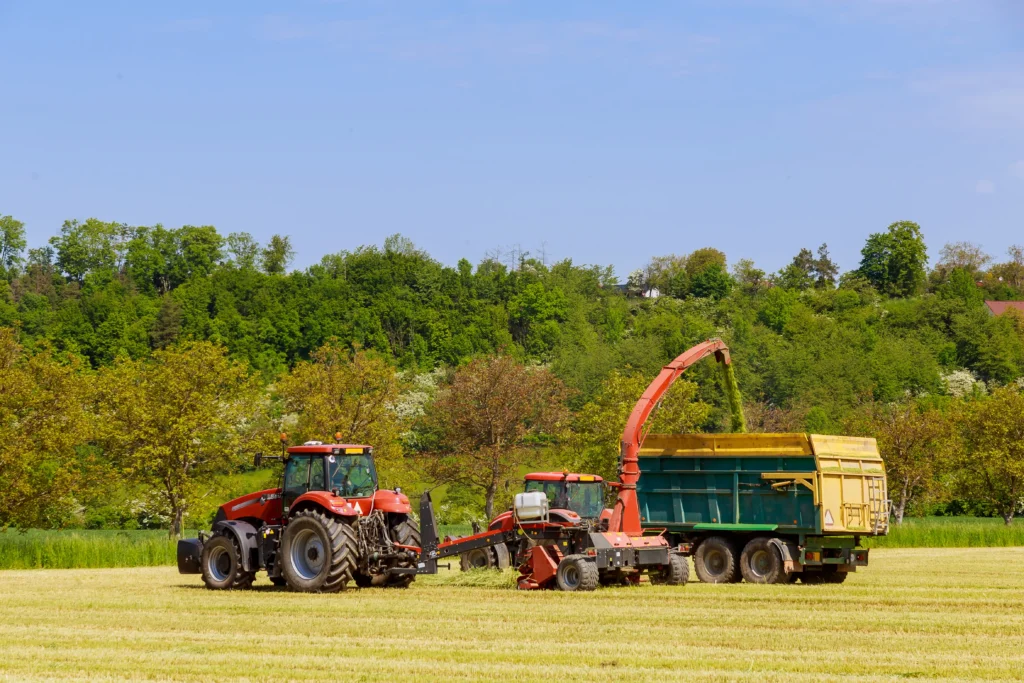
Red diesel fuel is widely used in agriculture to power tractors, harvesters, and other heavy equipment. It is the best-suited fuel for plowing, planting, harvesting, and transportation tasks. Diesel fuel has 10% to 15% more energy output than gasoline due to its thicker density, low RPM performance, and higher compression ratio.
Farmers mostly maintain a sufficient supply of farm diesel and agricultural diesel fuel, also known as red diesel. It’s a type of off-road diesel that is tax-exempt when used for farming.
● Construction

The construction industry heavily relies on diesel fuel due to its high energy density and efficiency. In the construction sector, 98% of all energy comes from diesel, with around 55% used as off-road fuel.
Diesel-powered machines handle intensely challenging tasks like lifting steel beams, excavating trenches, drilling wells, surfacing roads, and transporting soil and rocks.
● Transportation
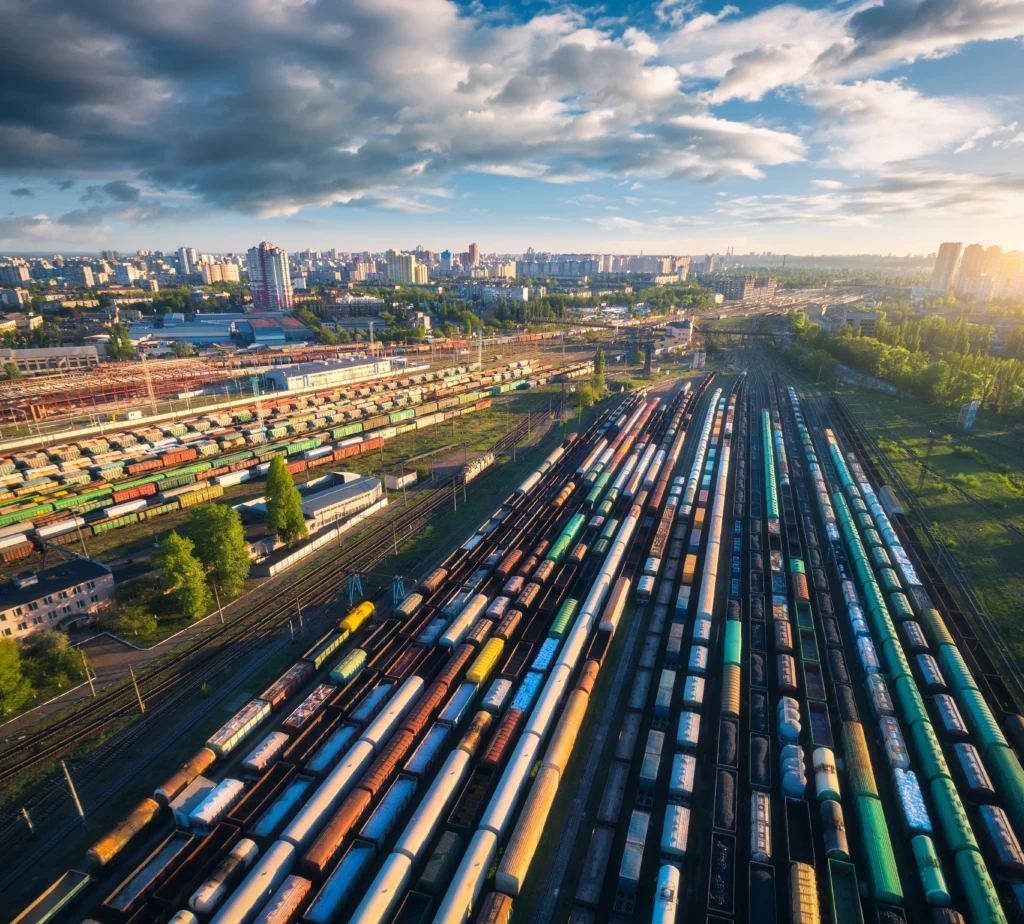
Diesel fuel is also widely used in the transportation industry across Europe and the US. It powers buses, urban transport vehicles, trucks, trains, and boats that transport all consumer products.
In 2022, diesel fuel accounted for about 23% of total energy consumption in the US transportation sector.
● Manufacturing
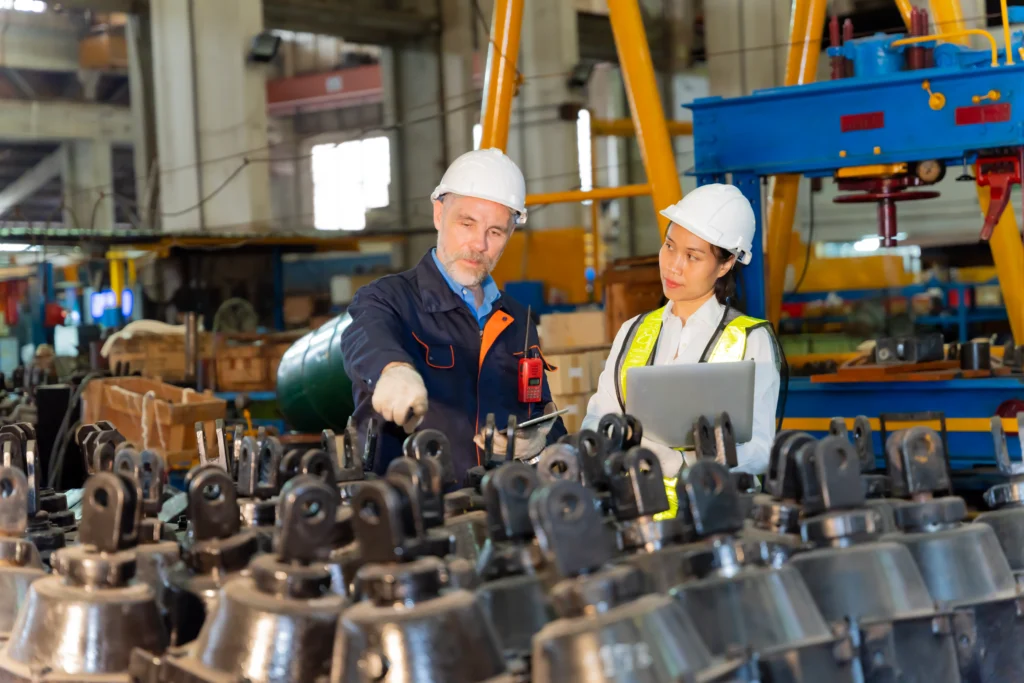
Manufacturing industries depend on diesel engines to provide a constant and steady power source for various applications. Off-road diesel oil fuels essential equipment, including generators for backup power, forklifts for warehouse logistics, and industrial pumps for fluid management.
Diesel is also used in heavy machinery like cranes and bulldozers that function in industrial settings.
Challenges Facing Diesel Fuel
Diesel engines have been crucial in various industries for decades. However, the rising environmental concerns, changes in consumer preferences, and technological advancements may pose a huge challenge for diesel fuel usage in the future.
“ Stricter regulations for using on-road and off-road diesel, coupled with fluctuating prices worldwide, pose another challenge.
Let’s discuss these factors in detail.
1) What are the environmental impacts of diesel fuel?
The main challenge for agricultural diesel fuel is the exhaust emissions produced during combustion in diesel engines. Governments worldwide enforce strict rules to cut air pollution, targeting nitrogen oxides, particulate matter, and greenhouse gases. These pollutants harm human health and the environment.
” Diesel vehicles, equipment, and machinery emit over 60% of all nitrogen oxides and more than 70% of particulate matter. Governments are taking serious steps to reduce diesel emissions by promoting eco-friendly alternatives like biodiesel or HVO.
2) Is diesel good for the economy?
We cannot deny that diesel benefits the economy due to its energy efficiency and power, which are crucial factors for the transportation, agriculture, and construction industries. Since many industries rely on diesel to run heavy machinery and equipment, its price often fluctuates due to supply and demand. These fluctuations in oil prices affect transportation and production costs across various sectors.
“ Moreover, maintaining diesel engine vehicles and equipment is more expensive than other cars. These high maintenance costs can strain business finances. Above all, government policies and regulations to reduce emissions also influence diesel’s economic impact. These regulations require businesses to invest in costly upgrades or cleaner technologies to comply with them.
3) Technological Advancements
Technological advancements pose another challenge for the future of diesel fuel. Concerns about environmental pollution have led organizations to promote eco-friendly technologies. Innovations like electric vehicles (EVs) and hybrid cars are gaining traction in the automobile industry as they offer a cleaner and more efficient alternative to diesel engines.
“ Similarly, renewable fuels such as biofuels are becoming increasingly favored for a pollution-free future, replacing fossil diesel. For this purpose, there is growing awareness about what is renewable diesel and how it’s a sustainable fuel option.
What is the Future of Diesel Fuel?
While diesel remains essential for many industries, its role may diminish as cleaner technologies continue to advance and gain market share. Diesel fuel usage has also increased due to the rising population and the installation of more commercial units worldwide, increasing the risk of future fuel shortages.
Let’s analyze the future trends and discuss how diesel fuel applications will decline in the coming years.
● Short-term Trends (next 5 years)
Diesel fuel usage is expected to decline slightly as industries adopt cleaner alternatives. The adoption of EVs, hybrid engines, and renewable fuel will increase, especially in urban transportation and light-duty applications. These new technologies will start to reduce diesel’s market share.
IEA Executive Director Fatih Birol stated, “The shift to a clean energy economy is picking up pace, with a peak in global oil demand in sight before the end of this decade as electric vehicles, energy efficiency, and other technologies advance.”
“ However, the decline in diesel fuel usage isn’t happening immediately. In the short-term analysis, diesel fuel remains irreplaceable. Research shows that the diesel market will actually grow in the next few years because greener alternatives like biodiesel and EVs are not yet efficient enough to compete with diesel’s performance. Diesel will continue to be a key fuel, even in hybrid options as well.
According to Business Research Insights, the global diesel market size was $935,160 million in 2020 and is expected to reach $1,269,870 million by 2027, with a CAGR of 4.4% during this period. With the rising demand for diesel fuel in the coming years, questions arise: Will diesel prices go down in 2024, or will they go up?
The U.S. Energy Information Administration (EIA) addresses this question, saying that average U.S. retail gasoline prices are expected to decrease in 2024 due to increased inventories and more refinery capacity.
● Long-term Trends (10+ years)
When we look at the long-term trends of diesel fuel usage, we notice a consistent decline. You might wonder why this is happening: Is there a diesel shortage today? Yes, it’s true that fuel reserves are decreasing and may not meet future demands. However, this isn’t the only reason shaping diesel’s future in the next decade. Several factors are influencing this shift towards alternative fuel solutions.
“ One major reason is the global move towards pollution-free machinery in industries. Diesel vehicles are considered harmful to both the environment and human health. This concern has led cities like Paris, Mexico City, Madrid, and Athens to commit to banning diesel cars from their centers by 2025. Recently, the European Parliament also voted to prohibit the sale of diesel cargo trucks in the European Union by 2040. What’s more concerning is that the EPA in the US has also proposed to ban almost 70% of new gasoline and diesel vehicles within the next few years.
Despite bans and restrictions in major countries like the EU and the United States, diesel won’t disappear globally. Asian countries are likely to continue using diesel fuel beyond 2040 due to their large population and more industries relying on diesel-powered engines for efficiency.
Strategic Recommendations
Here’s how industries can cope with the future changes in diesel fuel and reduce its harmful impacts on the environment:
● For Farmers and Agriculture Businesses
Farmers and agriculture businesses can prepare for future changes in diesel fuel by adopting more sustainable practices and collaborating closely with fuel suppliers. One effective strategy is investing in hybrid technology, which combines electric motors with diesel engines to improve efficiency and reduce emissions. This technology is already in use for heavy-duty vehicles like buses and trucks.
“ Fuel suppliers can also support these efforts by providing guidance on using sustainable fuel options. So, you can partner with renowned fuel supplier companies like Fuel Logic. We have a track record of reducing carbon emissions through efficient diesel delivery services.
● For other Industrial Companies
Industrial companies can prepare for the future by adopting cleaner fuel options like biodiesel and renewable diesel blends. They can also invest in hybrid technologies for better efficiency and lower emissions. While diesel does have environmental impacts, advanced equipment, and additives can substantially reduce emissions.
“ Rather than completely moving away from diesel, efforts should focus on minimizing its environmental footprint. Switch to eco-friendly diesel vehicles with selective catalytic reduction systems that control emissions by converting harmful nitrous oxide into nitrogen and water. Moreover, collaborating with the best fuel suppliers is also mandatory, especially as fuel shortages may become a problem in the near future.
A reliable fuel supplier can ensure uninterrupted fuel supply by providing off-road diesel delivery and job site fueling services.
Looking for A reliable Diesel Fuel for your Industry equipments?
Fuel Logic offers reliable diesel fuel for your industry delivered directly to your equipment.—reach us anytime for your diesel fuel delivery.
Supporting Diesel Fuel’s Future with Fuel Logic
Diesel fuel faces challenges due to strict emissions regulations and competition from cleaner alternatives such as electric vehicles. However, industries can support its use by adopting innovative and sustainable practices. Diesel engines remain crucial for heavy-duty tasks in transportation, agriculture, and manufacturing due to their efficiency and power.
Using biodiesel and renewable diesel blends helps reduce environmental impact. By preparing for these changes, industries can continue to depend on diesel fuel and ensure its long-term viability in the evolving energy environment.
“ We understand the importance of a reliable fuel supply for your business. At Fuel Logic, we ensure the smooth delivery of quality diesel and gasoline directly to your business location. Whether you need an off-road diesel delivery service near you or want to order DEF fuel, we’ve got you covered across various locations in the US.
Contact us today to discover how we can meet your fueling needs and keep your operations operating efficiently. Visit our FAQ page for answers to common questions, and be confident that your satisfaction is our top priority. So, order fuel now and keep your business on track.
FAQ
Is a diesel engine sustainable?
Modern diesel engines have become more sustainable by reducing emissions through technology advancements and cleaner fuels like biodiesel. Despite ongoing concerns about nitrogen oxides and particulate matter, innovations such as catalytic converters with Selective Catalytic Reduction (SCR) technology are actively reducing emissions. These advancements significantly enhance the eco-friendliness and sustainability of diesel engines.
What is industrial diesel?
Industrial diesel oil is a clean-burning, renewable fuel made domestically as an alternative to regular diesel. It’s a blend of diesel and heavy fuel oil. Industrial diesel oil is widely used in industries for power generation and to operate steam boilers. Depending on specific industry needs, it can be used alone or mixed with other fuels.
What are the applications of diesel engines?
Diesel engines find widespread application across various industries due to their efficiency, durability, and high torque output. They power trucks, trains, and boats to transport goods essential to daily life. Diesel engines drive freight trucks, large tractors, locomotives, and marine vessels by converting chemical energy stored in fuel into mechanical energy. Their applications extend to agriculture, construction, and manufacturing sectors, where they provide power for heavy equipment and machinery.
Looking for A reliable Diesel Fuel for your Industry equipments?
Fuel Logic offers reliable diesel fuel for your industry delivered directly to your equipment.—reach us anytime for your diesel fuel delivery.

